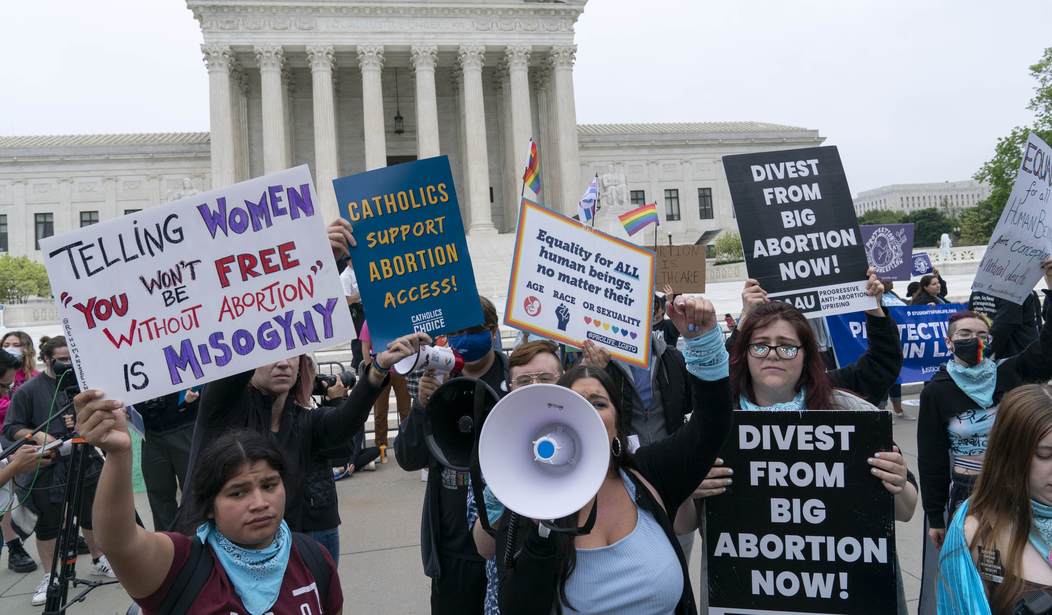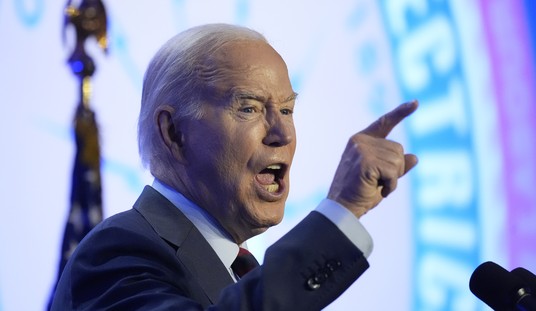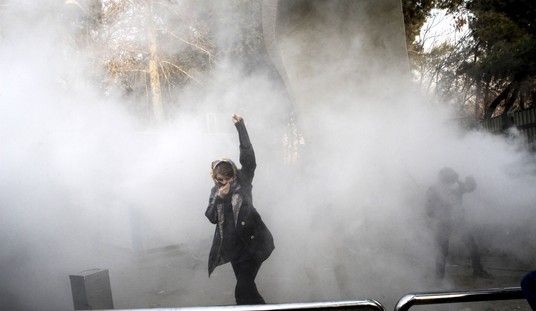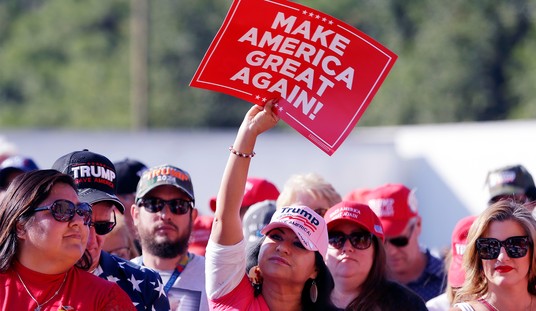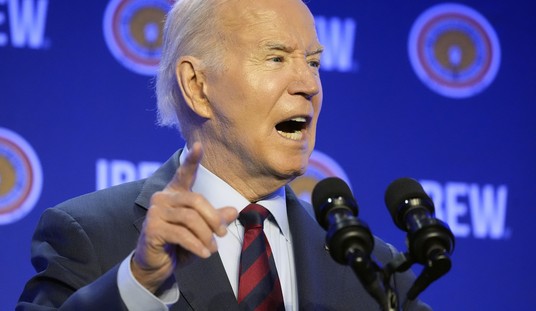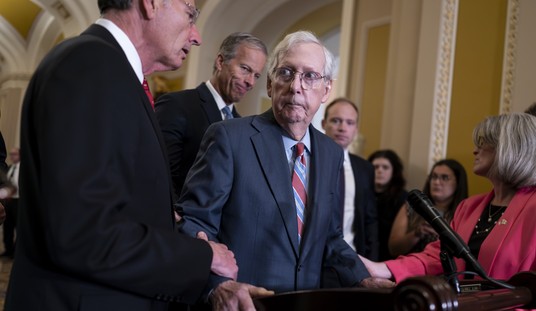“Liberty is meaningless where the right to utter one’s thoughts and opinions has ceased to exist. That, of all rights, is the dread of tyrants. It is the right which they first of all strike down.” – Frederick Douglass
It is a commonly understood maxim that the First Amendment protects unpopular speech. But even those who would classify themselves as supporters of freedom of expression tend to agree that there are some limits on what the government should allow people to say, and these limits have often been the subject of debate throughout history.
A professor recently made some comments that could potentially stretch the limits of the protections the First Amendment affords Americans while also demonstrating how some on the hard left view the right to express oneself freely.
A professor at Wayne State University in Michigan has been suspended following a controversial Facebook post that advocated for the killing of “right-wing” speakers who express views deemed racist, homophobic, or anti-transgender.
Steven Shaviro, a former teacher of English and film studies, argued on Facebook that protesting these speakers was ineffective because it only served to give them “publicity and validation.” Instead, he stated:
“Although I do not advocate for violating federal and state criminal codes, I think it is far more admirable to kill a racist, homophobic, or transphobic speaker than it is to shout them down.”
The professor continued, arguing that when conservative groups on campus invite these speakers,
“it is precisely because they want to provoke an incident that discredits the left, and gives more publicity and validation to these reprehensible views than they could otherwise attain.”
Later in the post, the professor said:
“Every time protesters shout down a racist or transphobic speaker, they are indulging their own moral sense of validity at the expense of actually strengthening the very bigots against whom they are protesting.”
After the post was brought to the university’s attention, Wayne State President Dr. M. Roy Wilson sent an email to students condemning Shaviro’s comments as “morally reprehensible and, at worst, criminal.” While the university has long defended the right to free speech, Wilson argued that Shaviro’s remarks far exceeded the bounds of reasonable or protected speech.
The issue with Shaviro’s statements is that they could potentially be viewed as an incitement to violence. One of the key limitations on free speech under the First Amendment is the principle that it does not protect incitement to immediate lawless action. This means that while individuals are generally free to express their views and opinions without fear of government censorship or punishment, they cannot use speech as a means to directly encourage others to engage in criminal behavior.
The legal standard for incitement to immediate lawless action was established by the Supreme Court in the landmark case Brandenburg v. Ohio (1969). In this case, the Court held that the government can only punish speech that incites or produces imminent lawless action if that speech is both intended and likely to produce such action. In other words, mere advocacy of criminal behavior is protected by the First Amendment, but speech that is intended to and likely to directly incite immediate lawless action is not protected.
The limitation on incitement to immediate lawless action reflects the importance of balancing the right to free expression with the need to protect public safety and order. While the government must be cautious not to infringe on free speech rights, it also has a legitimate interest in preventing and punishing speech that poses a clear and present danger to individuals or society as a whole.
So the legality of Shaviro’s comments revolves around a few different questions. Was he intending to incite violent assaults against conservative speakers? Did he call for immediate action? How likely is it that someone could have read his post and acted on it?
Moreover, would the fact that he prefaced his comments by stressing that he did “not advocate for violating federal and state criminal codes” provide cover if the government chose to prosecute him? Ultimately, it would be up to a court to answer these questions.
It is also important to observe how this reflects left-wing views on speech. Sure, most progressives would not advocate for murdering people who supposedly have bigoted opinions. But the fact that Shaviro’s comments came during a conversation on how to stop people with offensive beliefs from speaking belies a distinct level of contempt for the spirit of the First Amendment, which is that people should be allowed to express their opinions without fear of punishment – especially from the government.
One thing is abundantly clear: The university did the right thing by suspending him. But if he keeps his job after this debacle, it will also be clear that the institution has little problem with a professor advocating for using authoritarian means to silence those with differing political beliefs.

